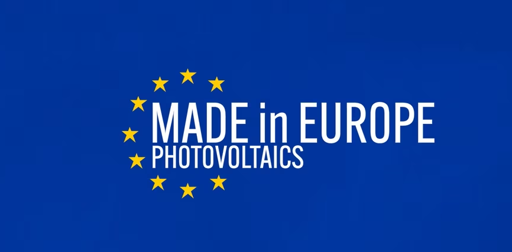- cross-posted to:
- technology@slrpnk.net
- cross-posted to:
- technology@slrpnk.net
The European Solar Manufacturing Council (ESMC) has submitted its official feedback to the European Commission regarding three critical aspects of the Net-Zero Industry Act (NZIA): the regulations on renewable energy auctions, the selection criteria for net-zero strategic projects, and the list of essential components for net-zero technologies. ESMC strongly supports the ambition of the NZIA to strengthen European clean energy manufacturing but urges improvements to ensure the effectiveness and resilience of the policy framework.
[…]
ESMC welcomes the European Commission’s proposal to establish pre-qualification and award criteria for renewable energy auctions under NZIA Article 26. These criteria aim to promote European solar PV manufacturing capacity and align with the EU’s target of achieving 30 GW of solar PV production across the full value chain by 2030. However, ESMC highlights several risks and potential loopholes that could undermine these objectives:
- The proposed criteria must include a robust “Made in Europe” clause to ensure that European manufacturers benefit from the auctions.
- A comprehensive carbon footprint assessment methodology should be implemented, preventing greenwashing and ensuring transparent sustainability standards.
- Stronger cybersecurity and data security measures are needed to prevent foreign control over critical solar PV infrastructure.
- Provisions against the use of forced labour should be explicitly incorporated, with clear references to EU legislation such as the Corporate Sustainability Due Diligence Directive and the Forced Labour Regulation
[…]



These exploits aren’t even purely theoretical anymore. At the 38C3 two security researches have demonstrated, that streetlights and many other devices in Europe, specifically in Germany, can be influenced using very simple methods, like replay attacks, through long-wave radio.
Starting at around 35:00, they’ve also shown, that some solar power plants use similar vulnerable controllers. If it hasn’t been fixed yet, it should be pretty easy to remotely connect or disconnect these plants from the grid, thereby potentially destabilizing it.
The security of Europe’s infrastructure really is in dire need of regulation.